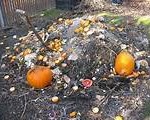 The other day I was talking to a great friend of mine, as always the conversation somehow turned to planning type talk. Somehow we got to talking about my three cats and the amount of poop and pee they produce. That is when my friend said:
The other day I was talking to a great friend of mine, as always the conversation somehow turned to planning type talk. Somehow we got to talking about my three cats and the amount of poop and pee they produce. That is when my friend said:
You could use it as a compost pile
Humm, that sounded like a great idea. I had always heard that some of the best fertilizer is cow manure, and cat or dog poo is just smaller manure, right? I couldn’t believe all these years I had scooped and wasted the waste by tossing it out in the trash. So I did some research, wow, was I wrong, not all poop is treated equal. Turns out, doggie and kitty poop does not belong on your compost pile.
So what is a compost pile? Per Wikipedia, “it is organic matter that has been decomposed and recycled as a fertilizer and soil amendment.” In prepping, it is very beneficial to compost (recycle) your organic matter back down into the earth. Pet poop however, is not something you want to recycle.
This reprint of an article from Washington State University on composting dog & cat poop that explains the not so good issues of cat and dog poop and why you should NOT use it in your compost pile.
Keep dog and cat droppings out of your garden and compost pile. While many animal types of manure make valuable soil amendments, parasites carried in dog and cat feces can cause diseases in humans.
Dog and cat droppings often contain roundworms and other parasitic nematodes. Gardeners can ingest roundworm eggs from soil contaminated with dog or cat feces. Contaminated soil often is carried to the mouth by dirty hands, especially among young children, or the edible parts of fruits and vegetables. Infection by just a few roundworms usually causes no problems, but more severe infections may cause fevers, bronchitis, asthma, or vision problems.
Another concern with cat feces is toxoplasmosis, a parasite that infects humans and other animals. Of all creatures, only cats are known to excrete oocytes–a form of the parasite that can survive in the environment for years and is resistant to most disinfectants.
Toxoplasmosis is a serious concern for pregnant women, persons with AIDS, and patients receiving immunosuppressive treatments. Most others who contract toxoplasmosis exhibit mild symptoms, such as headaches, muscle aches, swollen lymph nodes, or sore throats. Humans become infected with toxoplasmosis primarily by ingesting contaminated food and water. Gardens are a secondary source of infection. Roundworms and toxoplasmosis need not deter you from gardening.
The following precautions will minimize your chances of contracting either:
- Don’t add dog or cat feces to your compost pile or garden soil.
- Keep pets from using your vegetable garden as a toilet. Laying 1-inch mesh chicken fencing over the vegetable bed usually deters pets but allows vegetables to grow up through it.
- Regularly clean up and dispose of dog and cat droppings.
- Treat your dogs and cats for roundworms
- Never feed your cat’s uncooked meat or bones. Most cats become infected with toxoplasmosis by eating tissues of infected animals, including birds and small mammals.
- Wash vegetables and fruits thoroughly before eating
- Wear gloves while gardening.
- Wash your hands thoroughly after handling soil.
For more information about these diseases, contact your local health department.
Source: the Gardener, Vol 7 No. 2, Summer 1996, Van Bobbitt, community horticulture coordinator, WSU Puyallup
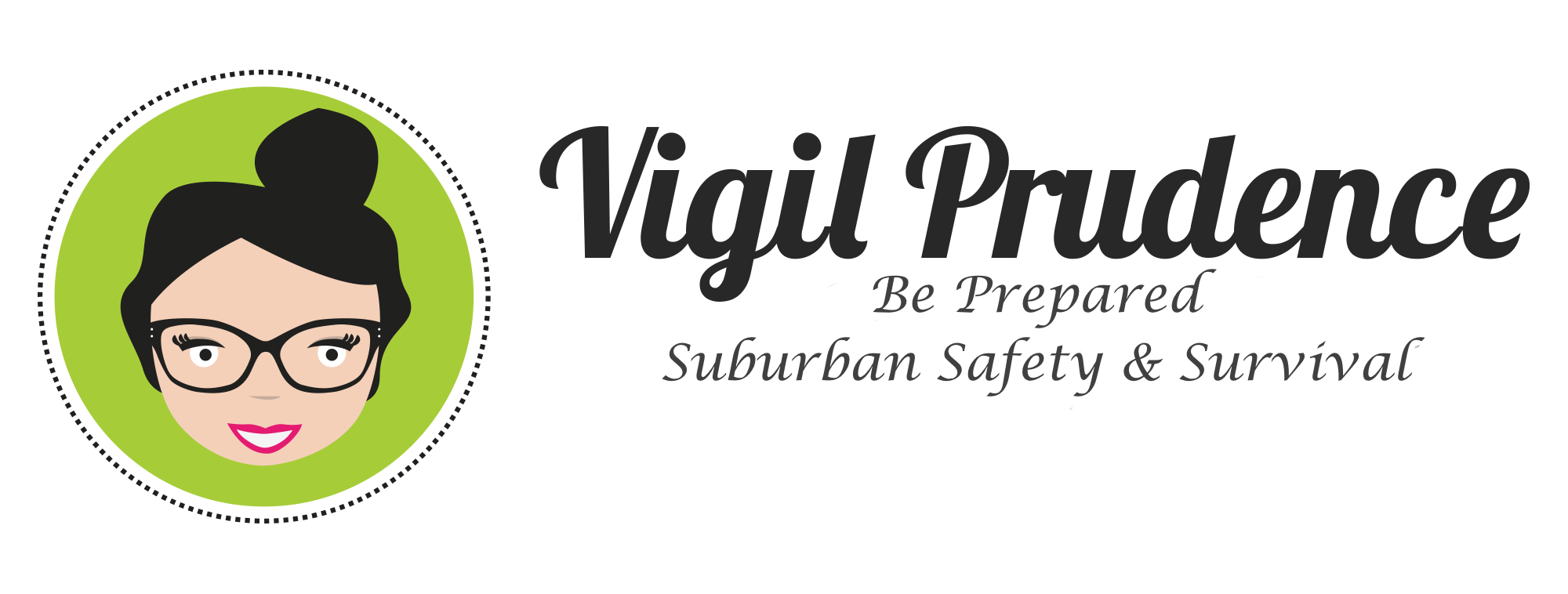















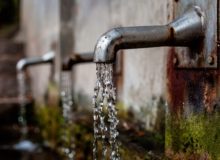

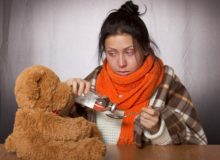

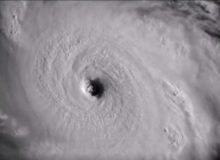
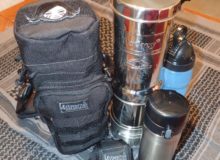

6 Jan 2014
0 CommentsDog & Cat Poop Not For The Compost Pile
Humm, that sounded like a great idea. I had always heard that some of the best fertilizer is cow manure, and cat or dog poo is just smaller manure, right? I couldn’t believe all these years I had scooped and wasted the waste by tossing it out in the trash. So I did some research, wow, was I wrong, not all poop is treated equal. Turns out, doggie and kitty poop does not belong on your compost pile.
So what is a compost pile? Per Wikipedia, “it is organic matter that has been decomposed and recycled as a fertilizer and soil amendment.” In prepping, it is very beneficial to compost (recycle) your organic matter back down into the earth. Pet poop however, is not something you want to recycle.
This reprint of an article from Washington State University on composting dog & cat poop that explains the not so good issues of cat and dog poop and why you should NOT use it in your compost pile.
Keep dog and cat droppings out of your garden and compost pile. While many animal types of manure make valuable soil amendments, parasites carried in dog and cat feces can cause diseases in humans.
Dog and cat droppings often contain roundworms and other parasitic nematodes. Gardeners can ingest roundworm eggs from soil contaminated with dog or cat feces. Contaminated soil often is carried to the mouth by dirty hands, especially among young children, or the edible parts of fruits and vegetables. Infection by just a few roundworms usually causes no problems, but more severe infections may cause fevers, bronchitis, asthma, or vision problems.
Another concern with cat feces is toxoplasmosis, a parasite that infects humans and other animals. Of all creatures, only cats are known to excrete oocytes–a form of the parasite that can survive in the environment for years and is resistant to most disinfectants.
Toxoplasmosis is a serious concern for pregnant women, persons with AIDS, and patients receiving immunosuppressive treatments. Most others who contract toxoplasmosis exhibit mild symptoms, such as headaches, muscle aches, swollen lymph nodes, or sore throats. Humans become infected with toxoplasmosis primarily by ingesting contaminated food and water. Gardens are a secondary source of infection. Roundworms and toxoplasmosis need not deter you from gardening.
The following precautions will minimize your chances of contracting either:
For more information about these diseases, contact your local health department.
Source: the Gardener, Vol 7 No. 2, Summer 1996, Van Bobbitt, community horticulture coordinator, WSU Puyallup